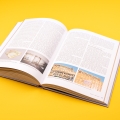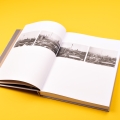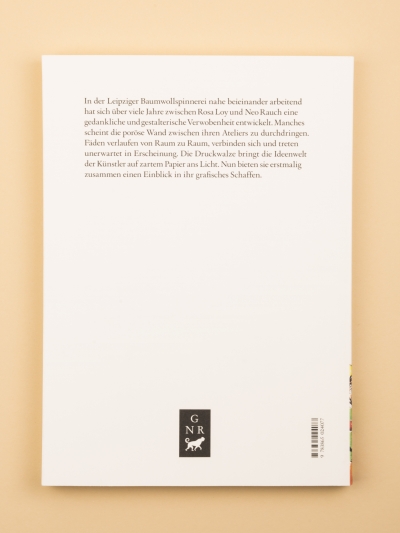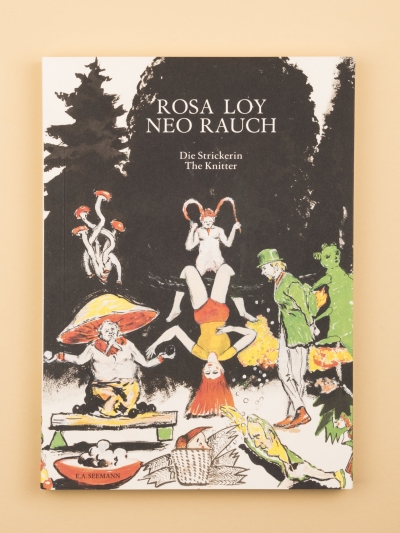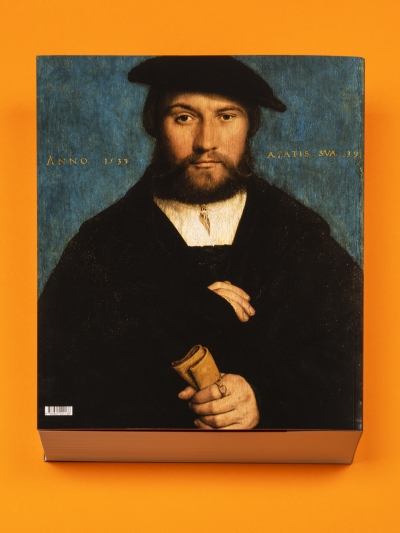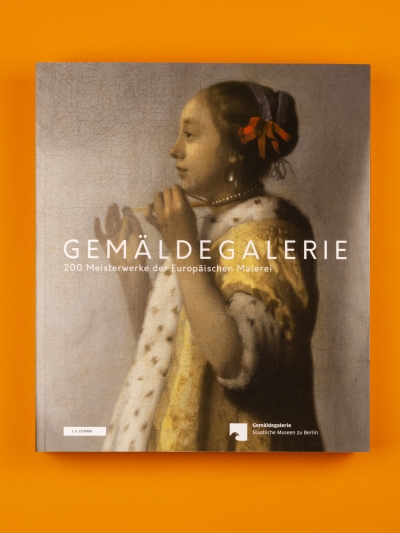JUST WHAT DOES THE PALACE OF THE REPUBLIC MEAN TO US TODAY?
The Palace of the Republic was the building that most exemplified political power in East Germany. The governmental and cultural centre was both the seat of the Volkskammer – the parliament and highest organ of East Germany’s state power –, and a meeting place with an art gallery, theatre, large auditorium, restaurants, cafés, a disco, bowling alley, post office, and telephone booths. From 1976 until its controversial demolition in the mid-2000s, it stood on the very site in the centre of Berlin where the Humboldt Forum is today. With interviews, a wide range of essays and atmospheric images, this book takes a closer look at a vanished place so charged with both symbolism and personal memories that it remains present.
-Famed and defamed, removed and remembered: the Berlin Palace of the Republic
-Berlin between GDR past and present day
-Talking about asbestos, Udo Lindenberg, utopia, and paranoia
-The architectural icon and its meaning for us today in essays, interviews, and atmospheric images
-Exhibition at the Humboldt Forum Berlin: 17 May 2024–16 February 2025
ASSEMBLE AND DISMANTLE: A POWERFUL REMINDER OF THE END OF THE GDR
Even long after its disappearance, this site of collective remembrance brings questions to the surface about how we deal with the history of a formerly divided country. The book follows the various stages in the history of the building: from its planning and construction to its use as a multi-purpose governmental and cultural building, from its significance as the seat of the first freely elected Volkskammer in 1990 to its demolition, which was completed in 2008.
Numerous interviews with a diverse range of people take centre stage. Prominent and previously unheard voices are featured: from architects and construction managers to creative professionals and visitors. The book shows the perspectives of those who worked in the palace, visited it, or deliberately avoided it. Furnishings, designs and works of art show the traces of the various uses of the building, from cups for iced coffee from the famous milk bar to the painting “The Red Flag” by Willi Sitte.
MULTI-FACETED AND NUANCED: A COMPREHENSIVE APPROACH
“Blown Away – The Palace of the Republic” explores aspects such as closeout sales, construction site, ghosts, Glass Flower, Global South, identity, interim use, lighting system, Marx & Engels, palaces of culture, reconstruction, Stasi, and more. Recent research, artistic contributions, and personal interviews open new perspectives. The Palace of the Republic thereby emerges as an all-German topic.
With texts by Victoria Helene Bergemann, Aron Boks, Gesine Danckwart, Hanno Hochmuth, Dagmar Hovestädt, Zsófia Kelm, Ilko-Sascha Kowalczuk, Yevheniia Moliar, Chen Shuyu, Gülşah Stapel, Oliver Sukrow, Bruno Torres, Uljana Wolf, and curators from the Stiftung Humboldt Forum im Berliner Schloss, among others. With photographic works by Tobias Kruse.


